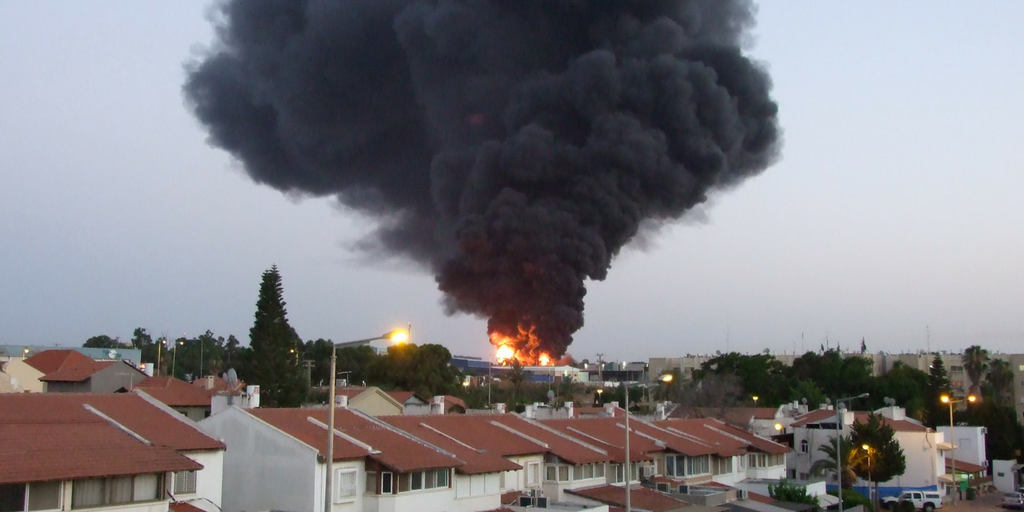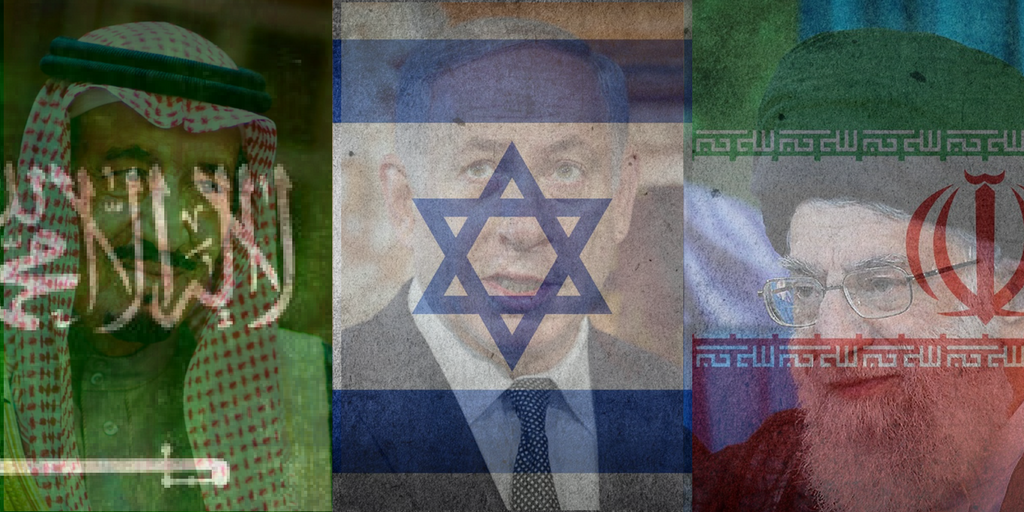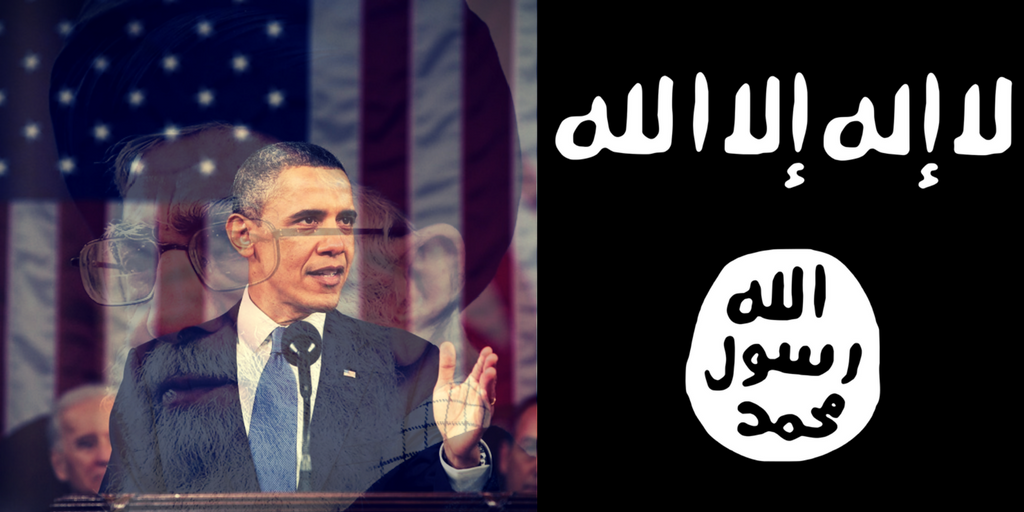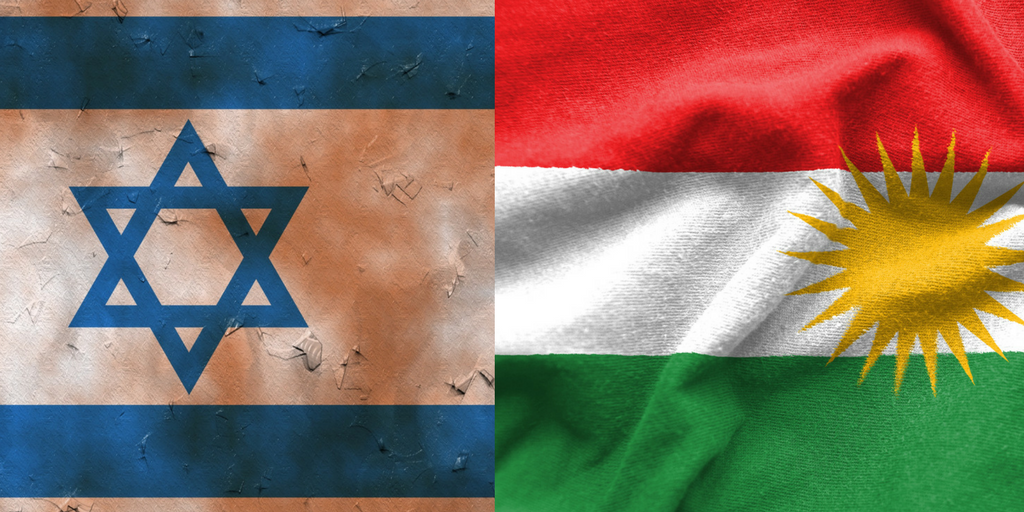Late last night Israel reported that rockets were fired from Gaza into the Southern Israel at Shaar HaNegev. There were no injuries.
BREAKING: Explosion blasted in Shaar Hangev in southern Israel, IDF scanning the area, possible rocket attack.
— Israel News Feed (@IsraelHatzolah) June 26, 2017
It has been comfirmed that it was indeed ISIS who fired the rockets.
JUST IN: ISIS terror group claims responsibility for the rocket attack towards southern Israel tonight.
— Israel News Feed (@IsraelHatzolah) June 26, 2017
The Israeli Air Force launched airstrikes on two military infrastructures belonging to Hamas in northern and southern Gaza.
In response to projectile fire from Gaza earlier today, IAF aircrafts targeted 2 Hamas military infrastructures in Gaza
— IDF (@IDFSpokesperson) June 27, 2017
Although an ISIS linked group fired the rockets, Israel like all rocket attacks from the Gaza Strip holds Hamas responsible.
Prelude to a Larger Conflict?
As the border with Syria turns hot its easy to imagine a connection between the incidents. In this case they are unrelated.
With ISIS getting battered in Syria, their next focus will be either to use the Sinai to attack Egypt or cause problems in Southern Israel. Neither option will rescue ISIS from its demise, but that will not stop them from creating as much chaos as possible before they are finished.
Israel’s response was measured out of fear of triggering a war in the South at the same time as the Syrian regime and Iran approach the Northern border.
However, with Summer upon the Middle East anything is possible. Even an all out war.






